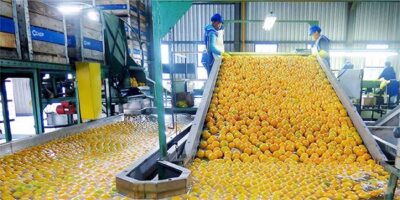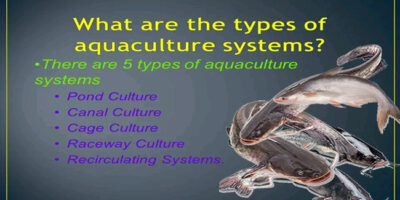The Mysterious Case of Collapsing Fish Farms in Nigeria

Have you ever wondered why some fish farms in Nigeria fail despite the country’s vast aquatic resources? Well, I felt compelled to address this topic comprehensively. So, you can know if you’ve been unknowingly digging your aqua farm grave.
Are Nigerian Fish Farms prone to failure? Yes, Nigerian fish farms are prone to failures and here are the reasons why most have already failed.
- Inadequate Knowledge and Training: Lack of proper training and knowledge is one of the primary reasons many fish farms fail. Fish farming requires understanding specific breeding, feeding, and disease management techniques. Gaps in knowledge can lead to poor management practices.
- Financial Mismanagement: Initial setup costs for a fish farm can be substantial. Without proper budgeting and financial planning, farmers may run out of funds before the farm becomes profitable. Also overestimating profits and underestimating costs for feed, maintenance, and labor can quickly deplete resources. Relying too heavily on loans without a clear repayment plan can lead to financial strain. If this is your financial outlook, only grace can make you last long in the fishing industry.
- Farm design contribute to failure: Poorly-designed or constructed ponds that leak excessively lead to high maintenance costs and low yields. Inaccessible ponds that make fish transfer difficult are also problematic.
- Poor Water Quality Management: Water quality directly impacts fish health and growth. Contaminated or improperly maintained water can lead to disease outbreaks and high mortality rates. Common mistakes include neglecting regular water changes, improper pH balance, and insufficient filtration systems.
- Inadequate Feed and Nutrition: Overfeeding, underfeeding, and using substandard feed are frequent issues. Ensuring a balanced diet and following recommended feeding schedules are crucial for fish health.
Though high cost of commercially-produced fish feeds is a major hurdle for Nigerian fish farmers but there are still ways around it through alternatives and smarter feeding strategies.
- Disease and Pest Management: Diseases can spread rapidly in a fish farm, leading to massive losses. Pests, such as birds and rodents, can also cause significant damage.
- Staffing issues contribute to fish farm failure: Absolutely. In Nigeria, dishonest staff may swindle the farm by stealing fish from ponds or diverting feed to their own ponds, leading to underfed fish and losses for the owner. Hiring trustworthy, passionate workers is crucial (I call this staff pests or parasitic staffs).
- Market Access and Sales Challenges: Even with a successful production process, selling the fish at a profitable price can be challenging. Market saturation, transportation issues, and lack of cold storage facilities can hinder sales.
- Gambling Mindset: Fish farming is a business, not a get-rich-quick scheme. Many fail due to lack of patience – they expect immediate returns instead of taking the time to properly plan, execute, learn from mistakes, and maximize profits over time.
- Nature’s Fury: This can pose unforeseen challenges. Floods, droughts, and diseases can devastate even the best-managed fish farms. While we can’t control nature, we can be prepared. Let’s build resilience.
The list goes on but I have to stop here.
Fish farmers in Nigeria can better identify potential pitfalls and take preventive measures to sustain their operations.
Do you have any ideas or experiences to share? Let’s keep the conversation going.
This post is made courtesy of SS Farms Limited, an experienced pioneer in Fish Farming in Nigeria.

Justin Nwosu is the founder and publisher of Flavision. His core interest is in writing unbiased news about Nigeria in particular and Africa in general. He’s a strong adherent of investigative journalism, with a bent on exposing corruption, abuse of power and societal ills.













